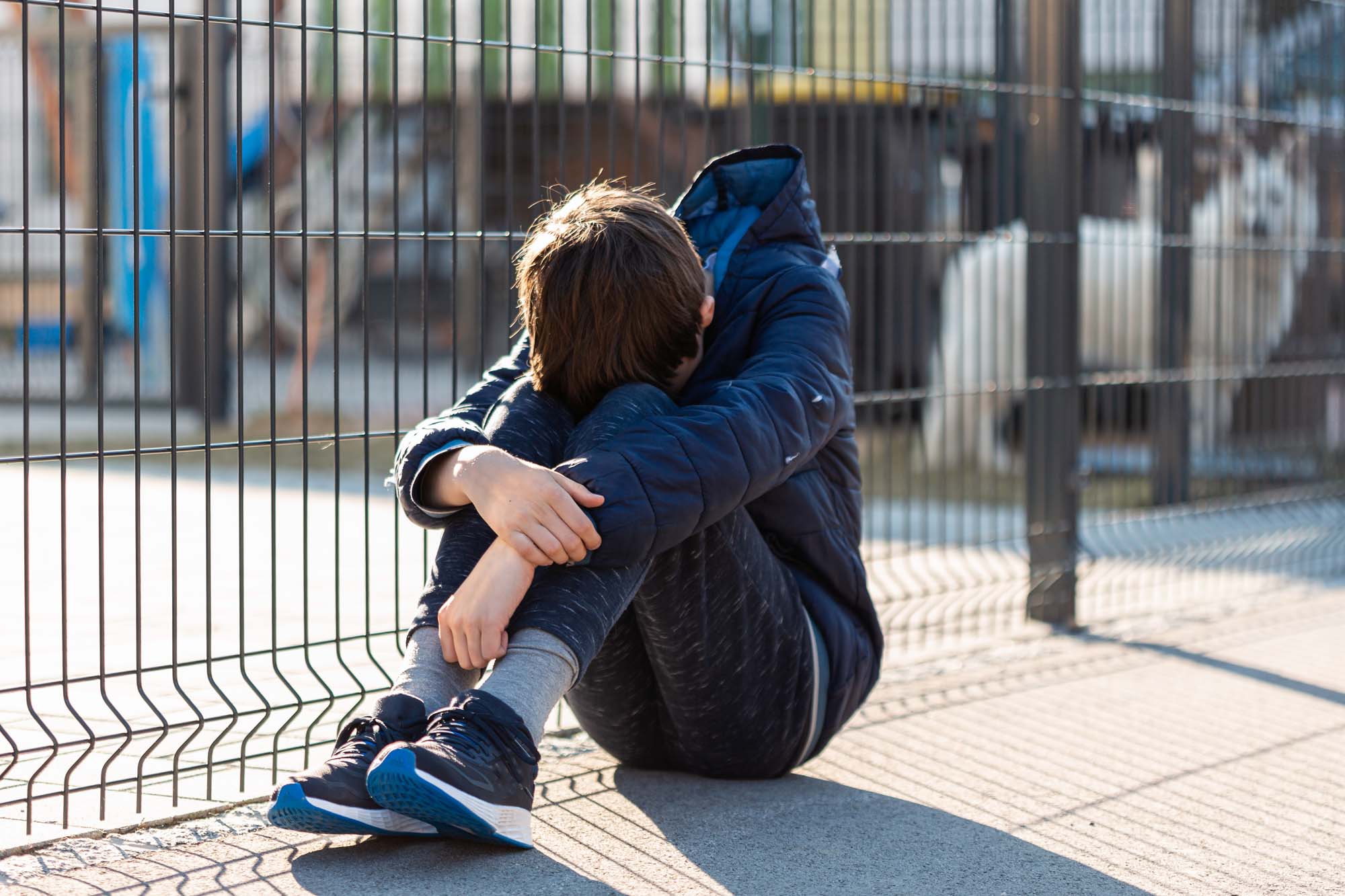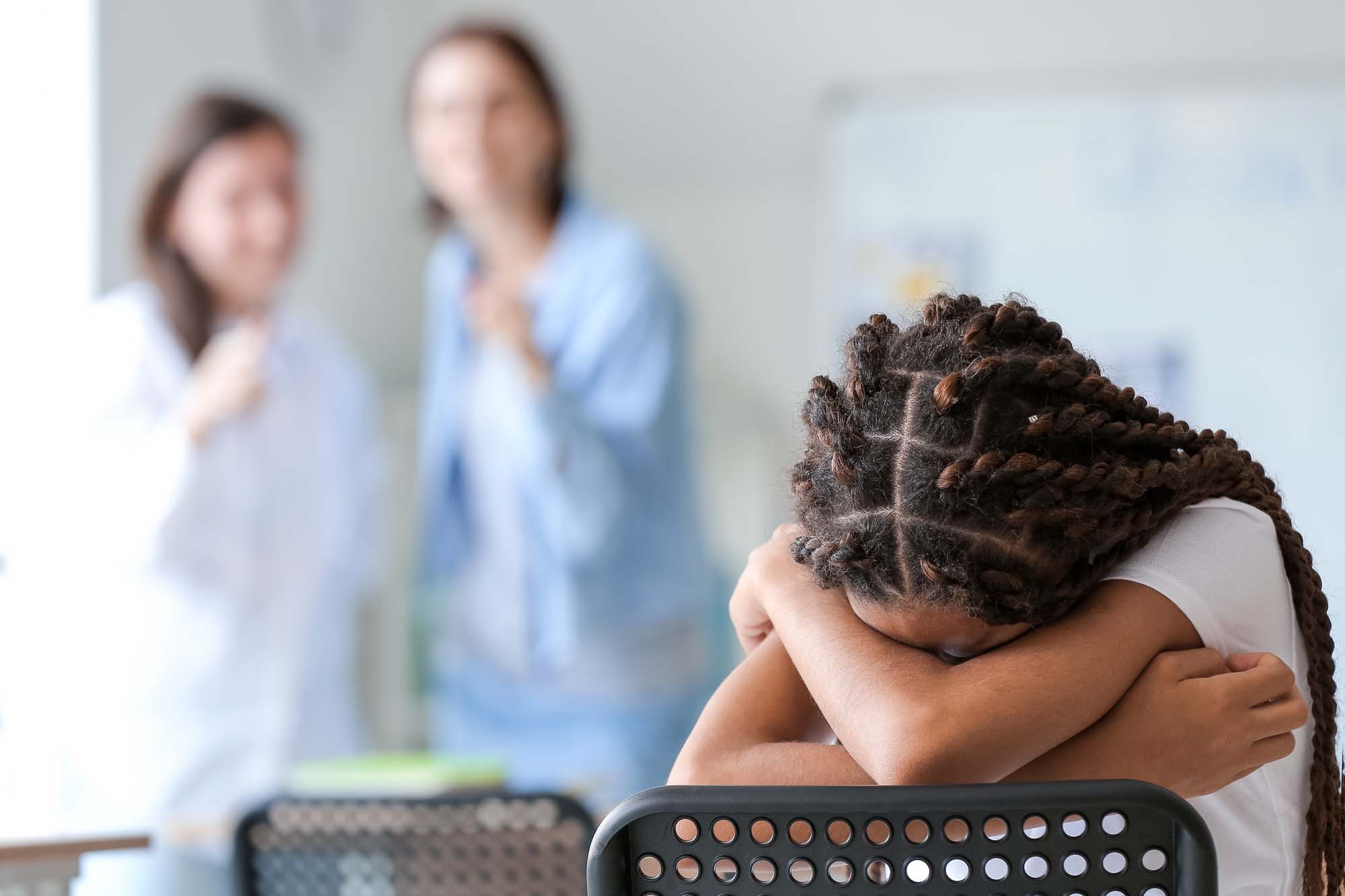Depression Treatment for Teens
Watching your teen struggle with depression can feel overwhelming, isolating, and heartbreaking. At Build Bright Care Group, we’re here to help you understand what your child is going through—and more importantly, how they can get better. Based in Los Angeles, California, our residential treatment program offers specialized support for adolescents facing depression and related challenges, blending clinical expertise with compassionate, individualized care.
Find out if your insurance will cover the cost of treatment.
Teen Depression Treatment in Los Angeles, California
Understanding Teen Depression: A Guide for Parents
Depression is a complex and serious mood disorder that significantly impacts the lives of millions, including many teenagers worldwide. It deeply affects a teen’s feelings, thinking, and behavior, often resulting in symptoms such as a deep and persistent sadness or irritability, a sense of hopelessness, a loss of interest in activities once enjoyed, and an overall lack of energy and motivation.
For a teenager to be diagnosed with depression, they must exhibit consistent symptoms for at least two weeks, with such periods being indicative of a major depressive episode. It’s critical for parents to understand that depression manifests differently in every individual; while one teen may exhibit mostly emotional symptoms, another might face challenges with cognitive functions or changes in behavior. The severity and duration of these episodes can also vary greatly, from mild and short-lived to severe and enduring, which underscores the complexity and varied nature of the disorder.
What Are the Typical Symptoms of Depression in Teens?
Recognizing the symptoms of depression in teenagers is essential for seeking timely help and support. Some of the most common signs of depression in teens are:
Mood Change:
Withdrawal from Social Activities:
Once enjoyable activities and social gatherings no longer interest them, indicating a loss of pleasure in life.
Changes in Eating and Sleeping Patterns:
Decline in Academic Performance:
Expressions of Worthlessness or Guilt:
Lack of Energy and Fatigue:
Difficulty Concentrating:
Physical Complaints:
Thoughts of Death or Suicide/ Self-Harm Behaviors:
Different Types of Depressive Disorders in Teens Include:

Major Depressive Disorder (MDD)
This is characterized by persistent feelings of sadness, emptiness, or hopelessness, along with a loss of interest or pleasure in activities once enjoyed. Symptoms must be present most of the day, nearly every day, for at least two weeks.
Persistent Depressive Disorder (Dysthymia)
Formerly known as Dysthymia, this condition involves chronic, low-grade depression lasting for at least two years (one year in children and adolescents). Symptoms are less severe than in Major Depressive Disorder, but still impairing.
Unspecified Depressive Disorder
It applies when there are significant depressive symptoms that do not meet the criteria for any specific depressive disorder, when there is insufficient information, or unclear symptom patterns to warrant a specific depression diagnosis.
Premenstrual Dysphoric Disorder (PMDD)
This disorder involves severe mood swings, irritability, and other depressive symptoms in females that occur in the week before menstruation (monthly period) and improve within a few days after the start of menses (menstruation).
Substance / Medication Induced Depressive Disorder
This diagnosis is made when depressive symptoms are associated with substance use or withdrawal, or are a side effect of medication.
Depressive Disorder Due to Another Medical Condition
Depressive symptoms that occur as a result of another medical condition, such as a neurological disorder, endocrine disorder, or chronic illness.
Disruptive Mood Dysregulation Disorder
This disorder is characterized by severe temper outbursts that are out-of-proportion to the situation and occur frequently (3 or + times per week) for at least one year.
Other Specified Depressive Disorder
This category is used when the depressive symptoms do not meet the full criteria for any specific depressive disorder, but the clinician clarifies the reason why.
What Causes Depression in Teenagers?
Depression in teenagers can arise from a multitude of factors. It is often linked to traumatic experiences and significant hormonal changes, which can trigger depressive episodes. Additionally, a genetic predisposition and environmental stressors, such as difficulties in school, social challenges, or family issues, play a crucial role in the development of depression. Recognizing these diverse influences is vital for you, as a parent, seeking to understand and support your teen through depression. It helps in identifying the most effective treatment strategies and addressing the unique challenges your teen may face.
As a parent, learning about the nuances of teen depression is the first step in providing the support and guidance your child needs. Being aware of the different forms depression can take, understanding the potential causes, triggers, and recognizing the importance of a tailored approach to treatment are essential in helping your teen navigate through these challenging times.
Helping Your Depressed Teen
Acknowledging the signs of depression in your teen is the first step towards help. Depression is not simply a phase or something they can “snap out of”; it’s a serious health condition that requires compassionate support and professional treatment. Initiating a conversation about their feelings and experiences in a non-judgmental way can encourage them to open up and share their struggles.
The Impact of Depression in Adolescents
Depression is far more than just feeling sad; it profoundly affects teens’ thoughts, emotions, and their ability to function in daily life. For teens, the emotional toll of depression can be particularly severe, leaving them feeling engulfed in despair, unable to find joy or pleasure in anything, and trapped in a pervasive sense of hopelessness. Cognitively, depression can feel like a dense fog over the brain, making concentration, memory, and decision-making challenging. Tasks that once seemed easy may now appear insurmountable, affecting every aspect of their lives. As a parent, understanding the serious impact depression can have on your teen is the first step towards helping them. Depression is treatable, and with the right support and intervention, your teen can recover and thrive.
Negative Effects of Depression in Teens
Strained Relationships
Academic and Occupational Challenges
Personal Health Risks
Suicidal Thoughts and Attempts
Substance Use
Self-Harm Behaviors
Teen Depression by the Numbers
- Approximately 19.5% of adolescents ages 12 to 17 in 2022 had a major depressive episode (MDE) in the past year.
Source - In 2022, approximately 13.4% of adolescents aged 12 to 17 had serious thoughts of suicide in the past year.
Source - Depression is the leading cause of disability in the United States among people ages 15-44.
Source
Depression is not simply a phase or something teens can “snap out of”; it’s a serious health condition that requires compassionate and professional treatment.
Teen Residential Treatment for Depression
If your teen or someone you love needs help for depression, we’re here to help. At Build Bright Care Group, we specialize in treating adolescent depression as well as co-occurring mental health conditions. We have created an environment that feels like home where teens can receive round-the clock care. At our residential center in Los Angeles, we offer a distinctive healing journey tailored specifically for teens and their families from California and across the nation. Our team of skilled clinicians is committed and dedicated to providing a comprehensive holistic approach to healing that goes beyond traditional therapeutic treatments.
Help Is Just a Call Away
If your teen is struggling—emotionally, behaviorally, or in ways you can’t quite explain yet—we’re here to listen and support you. At Build Bright, we specialize in compassionate, comprehensive residential care for adolescents facing a wide range of mental health challenges.
Our Comprehensive Adolescent Care for Depression

Individual therapy
Family therapy
Group therapy
Psychiatric services
Medication management
Mindfulness
Journaling
Coping skills groups
Yoga
Addictions & use of technology groups
Music therapy
Art assisted therapy
Physical fitness
Life skills groups
Surf therapy
Outings & recreational activities
School & IEP support
Get to Know Build Bright


Our Program
We're changing lives with our creative program, sparking innovation and empowering individuals along the way.

Our Approach

When Should You Consider Residential Treatment?
We help you determine the right time for residential treatment consideration.
Frequently Asked Questions
What is teen depression, and how can I distinguish it from normal mood fluctuations?
How can I support my teenager with depression at home and at school?
Can teenagers with depression benefit from school accommodations?
Can depression in teenagers lead to other mental health issues if left untreated?
What can I do if I suspect my teenager is experiencing suicidal thoughts or behaviors due to depression?
Do you accept health insurance?
Teen Depression Treatment Blog
Teen mental health is a growing concern, and many adolescents today feel overwhelmed by the pressures of school. While multiple factors contribute...
Parenting a teenager in the digital age has unique challenges, especially when managing their social media use. Your teen may feel like social media...
Depression is a complex and serious mood disorder that significantly impacts the lives of millions, including many teenagers worldwide. It deeply...









